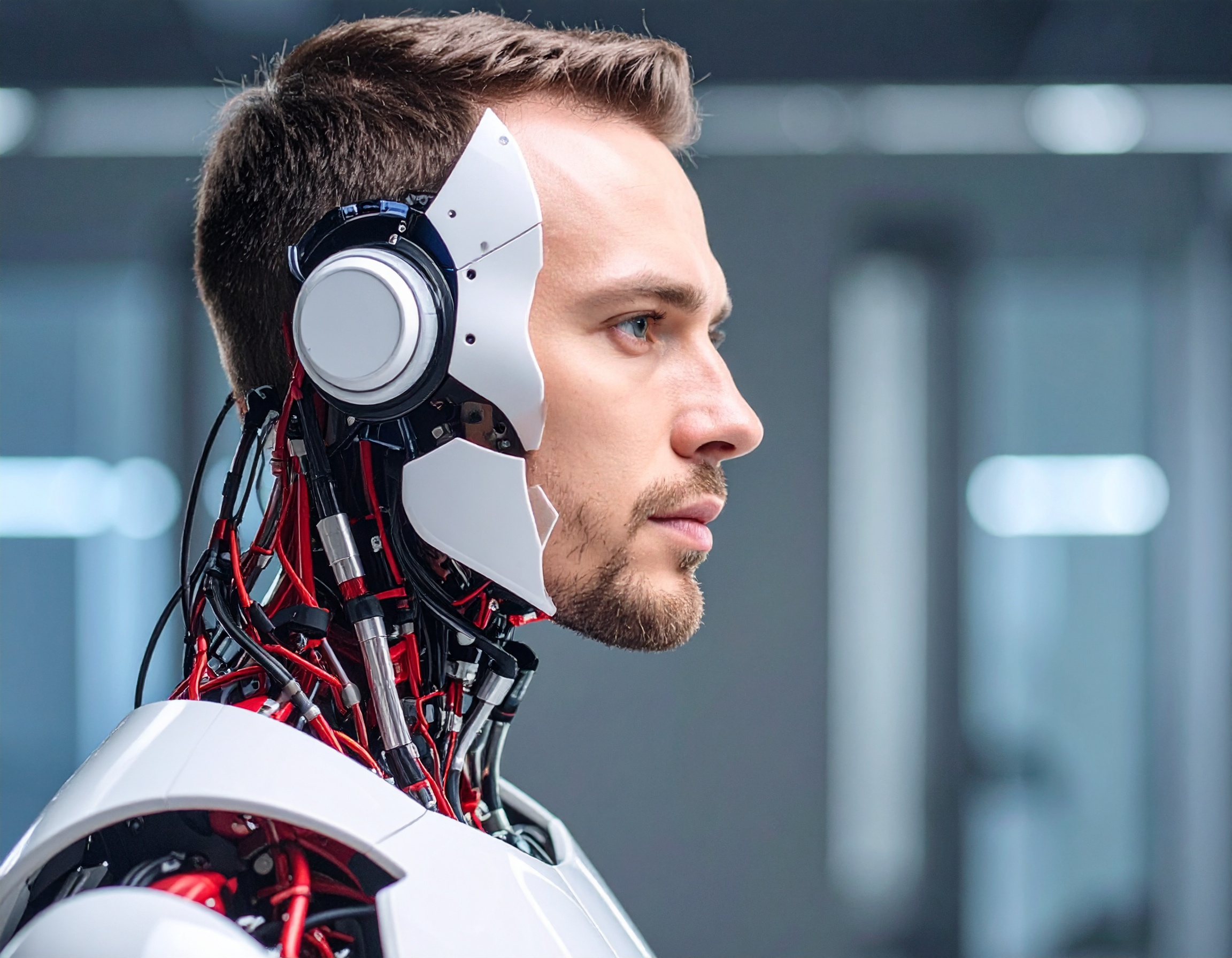Robots Sharing Skills: A New Era of Collaboration

A November 2024 Breakthrough in Robotics
In November 2024, scientists achieved a groundbreaking milestone in robotics, revealing that robots can now share skills with each other independently. This innovation, highlighted by Deccan Herald, introduces the possibility of Intelligent Agents exchanging knowledge, reducing reliance on human programming. This development allows Non-Human Workers to adapt and respond to challenges dynamically, making them more effective in real-world environments.

How Robots Learn From Each Other
The study demonstrated that robots equipped with advanced algorithms could teach each other new skills without human intervention. For instance, if one robot masters an assembly technique, it can transfer this knowledge to another robot. This peer-to-peer communication mirrors human teamwork, paving the way for Digital Employees to become more efficient and collaborative in industries ranging from logistics to healthcare.

Why It Matters
The potential applications of this advancement are vast:
- Manufacturing: Robots on production lines can share assembly methods, increasing efficiency.
- Healthcare: Surgical robots can adapt and learn new techniques from peers in real-time.
- Logistics: Warehouse robots can distribute tasks more effectively by sharing learned solutions.
This leap toward autonomous learning reduces human supervision requirements, enhances cost-effectiveness, and introduces unparalleled flexibility in managing complex operations.

Key Highlights:
- Timing: The breakthrough was announced in November 2024.
- Main Achievement: Robots can now independently share learned skills with each other without human intervention.
- How It Works:
- Robots equipped with advanced algorithms can transfer knowledge, such as assembly techniques, through peer-to-peer learning.
- This mirrors human teamwork and enhances robotic collaboration.
- Applications:
- Manufacturing: Faster and more efficient assembly line operations.
- Healthcare: Real-time skill adaptation among surgical robots.
- Logistics: Smarter task distribution in warehouses.
- Significance:
- Reduces reliance on human programming.
- Improves cost efficiency and flexibility in complex tasks.
- Paves the way for Intelligent Agents and Digital Employees to play key roles in industry and society.
Reference:


